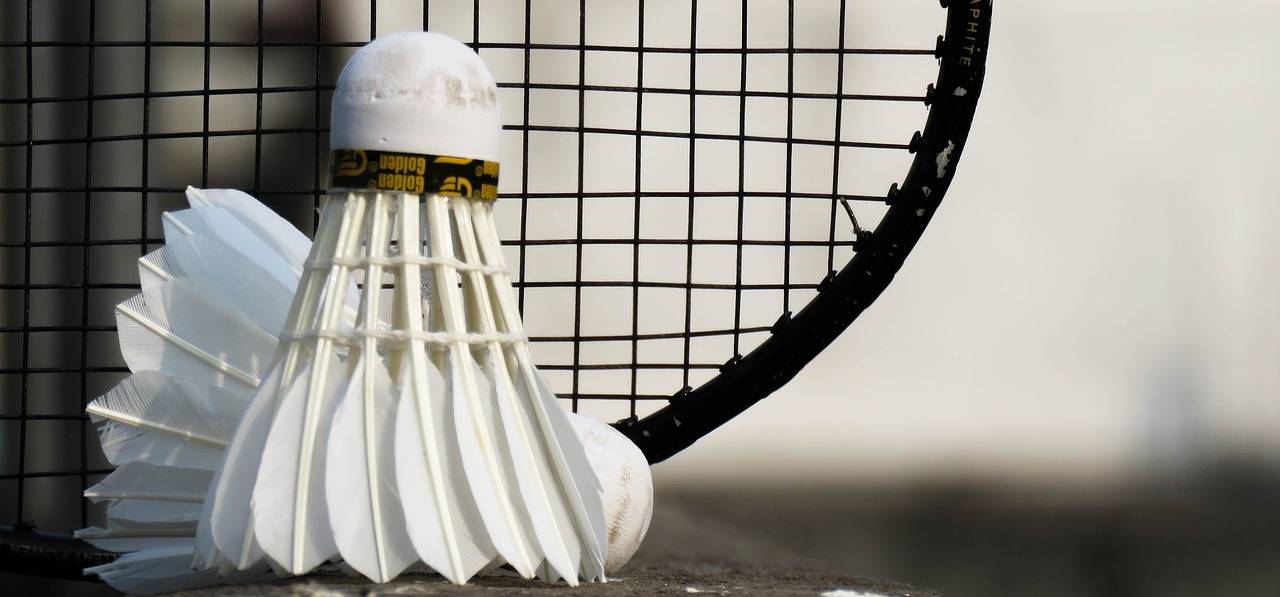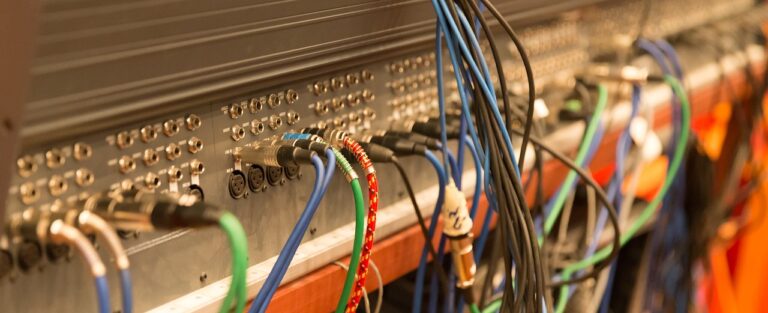Sustainable Practices in Film Production: From Set Design to Catering
Incorporating the habit of turning off lights and equipment when not in use is a simple yet effective way to promote energy conservation in various settings. Whether in the office, at home, or in industrial settings, this practice can significantly reduce energy consumption and contribute to a more sustainable environment. By making a conscious effort to switch off lights in unoccupied rooms and power down equipment when not in use, individuals and organizations can play a proactive role in minimizing energy wastage.
Aside from the immediate impact on energy consumption and utility bills, the habit of turning off lights and equipment when not in use also helps in extending the lifespan of these appliances. Continuous usage and neglect of powering down devices can lead to premature wear and tear, reducing their efficiency and longevity over time. By embracing this simple yet impactful energy-saving practice, individuals and organizations can not only reduce their carbon footprint but also prolong the lifespan of their equipment, ultimately saving on maintenance and replacement costs.
Optimizing energy efficiency in all aspects of production
Incorporating energy-efficient practices in the production process is paramount for reducing operational costs and minimizing environmental impact. One effective strategy is to assess and optimize energy usage at every stage of production. By utilizing energy-efficient technologies and implementing proper maintenance protocols for equipment, businesses can significantly decrease their overall energy consumption.
Furthermore, investing in employee training and awareness programs regarding energy conservation can lead to a more conscientious workforce. Encouraging employees to actively participate in energy-saving initiatives and fostering a culture of sustainability within the workplace can result in substantial energy savings and long-term benefits for the company.
Why is it important to turn off lights and equipment when not in use?
Turning off lights and equipment when not in use helps to reduce energy consumption and lower utility costs.
How can I optimize energy efficiency in all aspects of production?
You can optimize energy efficiency by implementing energy-saving practices such as using energy-efficient equipment, improving insulation, and regularly maintaining machinery.
What are the benefits of optimizing energy efficiency in production?
The benefits of optimizing energy efficiency in production include cost savings, reduced environmental impact, and improved sustainability.
How can I encourage my employees to participate in energy-saving efforts?
You can encourage your employees to participate in energy-saving efforts by providing training on energy efficiency practices, setting clear expectations, and recognizing and rewarding energy-saving behaviors.
Are there any government incentives or programs available to help businesses improve energy efficiency?
Yes, there are government incentives and programs available to help businesses improve energy efficiency, such as tax credits, rebates, and grants for energy-saving upgrades.





